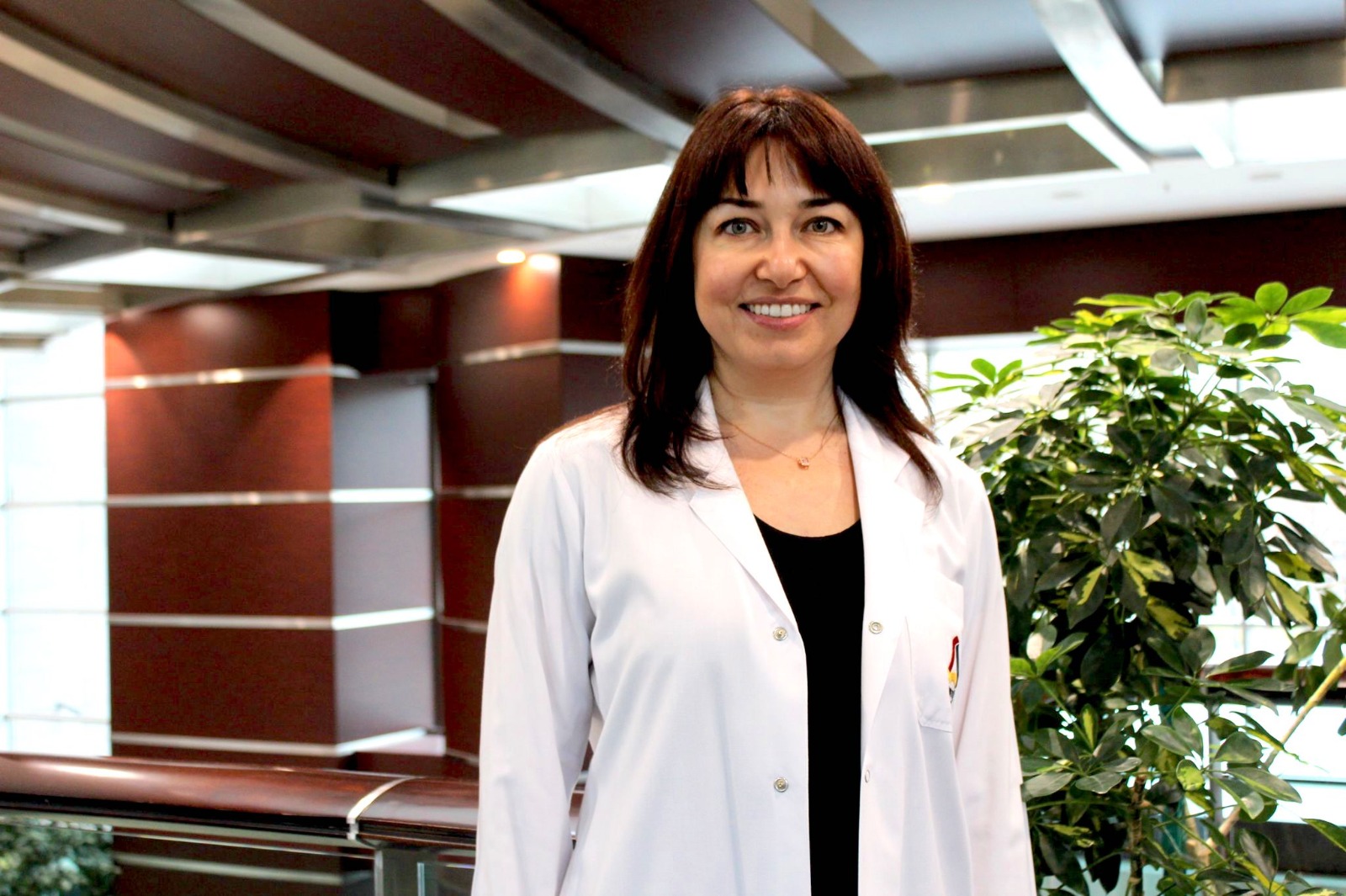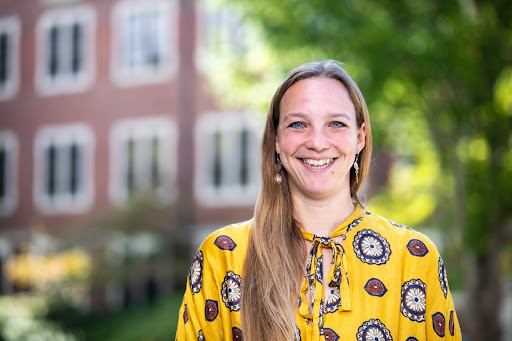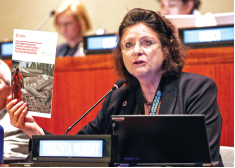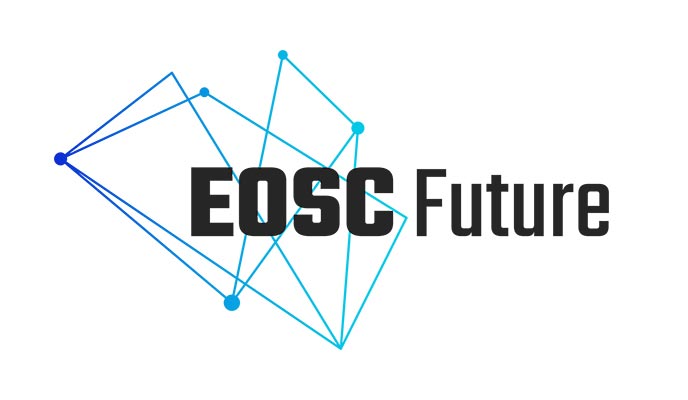Data Policy for Open Science in Disaster Situations
Organiser:
CODATA, GCPA & SIDCER
About the session
This session examines the need for data policy that promotes Open Science in crisis situations that contributes to the development of research data management while driving the development and benefits of data-driven science for European scientists and science globally. The panels discussion explores the scientific, political, and societal elements that affect the sharing of information resources, particularly data and data infrastructure, in situations of health emergencies, natural disasters, and geopolitical disruptions that threaten the exchange of scientific knowledge and collaboration. Recent pandemics/epidemics (COVID -19, Ebola, MERS), natural disasters (droughts in Europe, Africa, China, USA; floods in Europe, Pakistan, Bangladesh; earthquakes in Papua New Guinea, Peru, Japan), and geopolitical conflicts (Ukraine, Afghanistan, Syria, Yemen, Burkina Faso, Haiti) point to the need for increased data comprehensiveness, integrity, and transparency as well as for more robust ethics and scientific frameworks supporting data policy in crisis situations.
This working session focuses on the need for data policy to support Open Data (and Open Information) in a framework of Open Science in crisis situations. It examines the ways in which data policy designed for crisis situations contributes to open sharing, seamless access, and the re-use of reliable data and other digital objects in trusted and open distributed environments where scientists can collect, find, process, publish, and re-use one another’s data and tools. A more refined and developed data policy strategy appropriate to situations of fundamental disruption to societal infrastructures is needed to ensure robust scientific evidence for responding to crises as they arise and preparing for future crises.
The challenges of ensuring that the outputs of data science are open, well managed, machine actionable, and extensively available for re-use are significantly heightened in crisis situations. Well-developed data policy constructed within Open Science frameworks can help mitigate these challenges while contributing to the development of interoperability frameworks across disciplines, sectors, and sciences during crisis situations. In summary, this session will explore why data policy in crisis situations is critical to the development of the European Open Science Cloud (EOSC) if Europe is to develop efficient and adequate responses, based on scientific evidence, to disaster or disruptive situations that threaten lives and the public well-being.
Outcomes:
In the context of this important EOSC Symposium 2022, this working session will look to robust outcomes that contribute to a durable set of user-friendly data policy components that are designed for the long haul bringing added value to the existing EOSC baseline infrastructure. The session looks to develop an understanding of the role of data policy and the need for policy tools in crisis situations that support a system-of-systems approach to the EOSC platform. Specifically, it will help prepare for the need to link research portals, resources, and services in times of crisis to respond to the data needs of scientists as they generate evidence to prepare for and respond to crises. In particular, the aims of the session are
- to examine the European scientific, political, and societal frameworks needed to develop data policy with a view towards addressing crisis situations;
- to develop data policy strategies for crisis situations using Open Science principles in frameworks of Open Science best practices;
- to consider the underlying European and global ethical, human rights, and humanitarian frameworks needed to support data policy during crisis situations;
- to consider the integration of data policy in crisis situations into the deployment of the core components and services of EOSC in harmony with existing and developing federated data infrastructures in Europe working towards the interoperability, sharing, and re-use of research data for building scientific evidence during crisis situations; and
- to examine how data policy for crisis situations can contribute to digital research outputs, open science skills, and infrastructure capacities in an EOSC framework for preparedness and response to fundamentally disruptive situations in society.
Relevance for EOSC
This session examines the importance of developing proactive data policy within Open Science in order to generate effective evidence-based understandings that provide for responses and solutions to complex challenges in Europe and globally. Open Science requires strategic data policy addressed to crisis situations as part of a comprehensive European data strategy. The session explores how specific data policy for Open Science can help to identify priorities and concrete actions at European, national, and institutional levels for ensuring the proper role of science in crisis situations, including the ongoing generation of important new information and insights as well as the smooth exchange of data objects. Data policy developed for even the most challenging situations is critical for an open, fair, diverse, informed, democratic, and confident European society where citizens, scientists, and decision-makers can ensure a human-centric approach across the challenges of data strategy, Artificial Intelligence (AI), and the need for trustworthy technology. Data policy in crisis situations is vital for making EOSC count in all situations.
Agenda
| Timing | Topic | Speakers |
| 9.00 | Opening Remarks from the Chairperson | Francis P. Crawley (Chairman, International Data Policy Committee, CODATA) |
| 9:05 | The role of CODATA in the development of data policy for crisis situations | Dr. Simon Hodson (Executive Director, CODATA; Paris, France) |
| 9:13 | Learnings from COVID-19 for public health on the need for data policy | Professor Virginia Murray (Executive Committee Member, CODATA; Co-chair, Disaster Loss Data (DATA), Integrated Research in Disaster Risk (IRDR); Co-chair, Thematic Platform for Health EDRM Research Network, World Health Organization (WHO); and Head, Global Disaster Risk Reduction, UK Health Security Agency (UKHSA), United Kingdom) |
| 9:21 | Why do we need Open Science in Crisis Situations? | Professor B. Burcak Basbug Erkan (Department of Statistics, Middle East Technical University (METU); Academic Partnerships Director, Institute of Civil Protection and Emergency Management (ICPEM), United Kingdom) |
| 9:29 | Data policy and data governance for Open Science in crisis situations | Dr. Iryna Kuchma (Open Access Programme Manager, Electronic Information for Libraries (EIFL), Kyiv, Ukraine) |
| 9:37 | Ethics and human rights underpinning data policy for Open Science in crisis situations | Professor Perihan Elif Ekmekci (MD, PhD, Head of History of Medicine and Ethics Department, Deputy Dean of the School of Medicine, Head of the Institutional Review Board, TOBB University of Economics and Technology, Ankara, Turkey) |
| 9:45 | Panel Discussion | Professor Mariel Borowitz (Sam Nunn School of International Affairs, Georgia Institute of Technology, USA; International Data Policy Committee (IDPC), CODATA) Professor Zhang Lili, (Computer Network Information Center, Chinese Academy of Sciences, Beijing, China; Member, International Data Policy Committee (IDPC), CODATA) |
| 10.25 | Summary and closing remarks | Dr. Manolya Bergüzar Şekerlisoy (Research Fellow, EOSC-Future / RDA Artificial Intelligence & Data Visitation Working Group (AIDV-WG); Supervisor of the TOBB University of Economics and Technology International Chair in Bioethics; World Medical Association Cooperation Center Student Association, Ankara, Turkey) |
(RE)WATCH
Do you want to (re)watch the session? Take a look below.
If you want to (re)live the full Symposium? Take a look at the EOSC Portal youtube channel.










